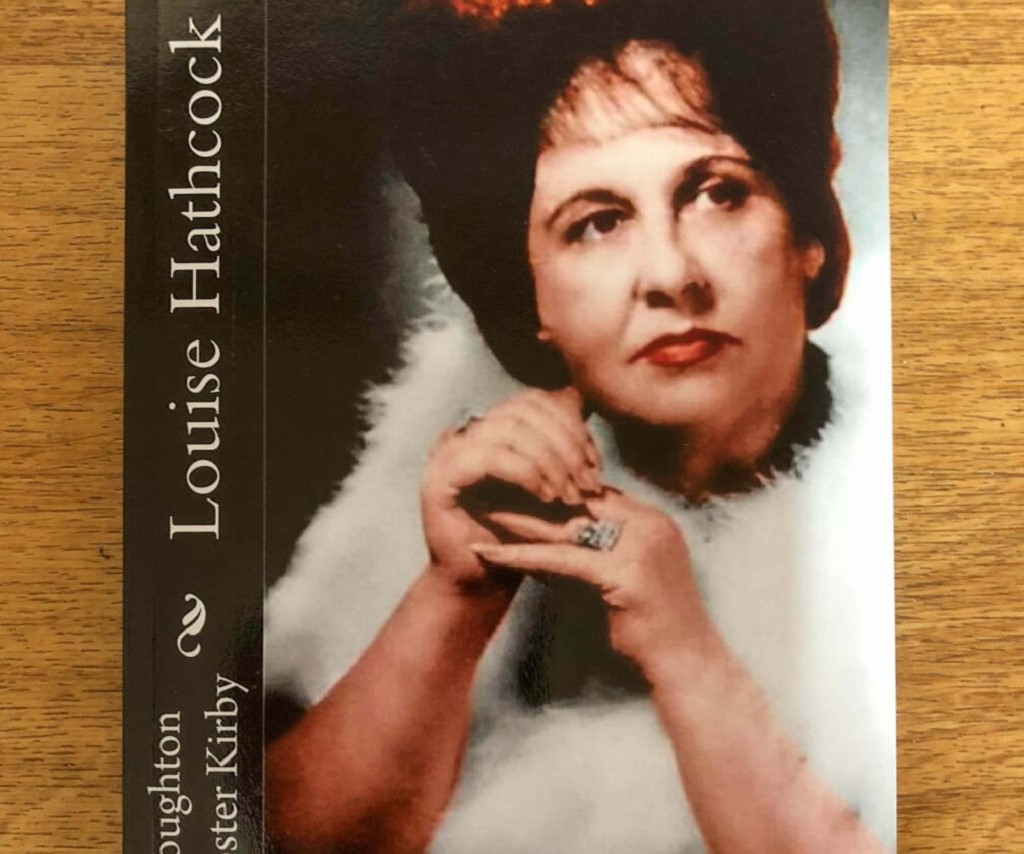Louise Hathcock was a prominent figure in the State Line Mob, operating along the Tennessee-Mississippi border during the 1960s.
Married to Clyde Raymond “Jack” Hathcock, she was deeply involved in organized crime alongside her husband.
Her infamy peaked when she attempted to assassinate Sheriff Buford Pusser, sparking a deadly shootout that ultimately led to her demise.
Hathcock’s life and actions remain enshrined in the annals of criminal history, a testament to the turbulent underworld of her time.
Also Read: Jacob Rothschild Religion, Jewish Or Christian? Family Background
Louise Hathcock Wikipedia
Louise Anderson Hathcock, often dubbed the “Queen of the State Line Mob,” emerges as a captivating figure in the lore of organized crime in the American South.
Born into humble beginnings in West Point, her life took a dramatic turn with her marriage to Jack Hathcock, thrusting her into the heart of criminal enterprises operating along the Tennessee-Mississippi border.
Amidst the backdrop of the 1960s, a turbulent era rife with social upheaval and law enforcement crackdowns, Hathcock’s involvement in illicit activities, alongside her husband and associates, cemented her notoriety.
The infamous shootout with Sheriff Buford Pusser stands as a pivotal moment in Hathcock’s criminal saga.
This showdown, occurring at The Shamrock Motel, epitomizes the violent clash between law enforcement and organized crime that characterized the era.

Louise Hathcock was a central figure in the criminal operations of the State Line Mob during the 1960s, her life entangled in a web of organized crime and deadly confrontations. (Image Source: bufordpussermuseum)
Hathcock’s attempt to assassinate Pusser during an on-site investigation underscores the brazen audacity of the State Line Mob and their relentless pursuit of power and control.
However, Pusser’s swift and decisive response, resulting in Hathcock’s demise, serves as a testament to the unwavering determination of law enforcement to uphold justice in the face of formidable adversaries.
Despite her demise in the shootout, Hathcock’s legacy endures as a symbol of the complex and often tragic realities of life within the criminal underworld.
Her story, intertwined with the larger narrative of organized crime in the region, serves as a cautionary tale of the allure and consequences of pursuing wealth and power through illicit means.
As law enforcement figures like Buford Pusser waged their battles against corruption and violence, Hathcock’s role as a central figure in the State Line Mob reminds us of the human cost of criminal enterprises and the enduring struggle for justice in communities plagued by lawlessness.
Louise Hathcock Family
Louise Hathcock’s familial roots run deep in the soil of West Point, Mississippi, where her parents, Shelton George Anderson and Bessie Anderson Terrell Roper, established the foundation of their family amid the challenges and opportunities of their time.
Born in 1886, Shelton George Anderson and his wife Bessie, born in the same year, weathered the storms of the early 20th century, navigating the ebbs and flows of economic hardship and social change.
Their commitment to family and community laid the groundwork for the generations that would follow, including their daughter Louise, whose own journey would be marked by tumultuous twists and turns.
Central to Louise Hathcock’s narrative is her marriage to Clyde Raymond “Jack” Hathcock, whose life intersected profoundly with hers.
Born in 1920, Jack became not only Louise’s husband but also her partner in the criminal underworld that operated along the Tennessee-Mississippi border.
Their relationship, characterized by its complexities and contradictions, propelled Louise into a world of organized crime, where alliances were forged and broken amidst the ever-shifting sands of power and influence.

Louise Hathcock met her demise in a shootout with Sheriff Buford Pusser, a dramatic conclusion to her life entrenched in the criminal underworld of the State Line Mob. (Image Source: findagrave)
Together, they navigated the treacherous waters of illicit enterprises, leaving an indelible mark on the history of the State Line Mob and the communities they inhabited.
Beyond her marriage, Louise Hathcock was intricately connected to her siblings, each playing a unique role in shaping her life’s trajectory.
SGT Thomas Ballard Anderson, Dorothy Anderson Myers, Robert Terrell “Bob” Anderson Sr, and William Shelton “Bill” Anderson formed the backdrop against which Louise’s story unfolded, their relationships adding depth and complexity to her narrative.
Through the bonds of blood and shared experiences, they provided both solace and strife as Louise ventured deeper into the murky depths of organized crime.
The interplay between familial ties and personal ambitions further illuminates the intricate web of relationships that defined Louise Hathcock’s life, underscoring the complex interplay between loyalty and betrayal in the tumultuous world she inhabited.
Also Read: Luke Davies And Jesse Baird Relationship: Were They Related?

